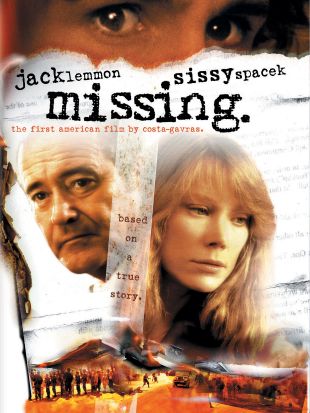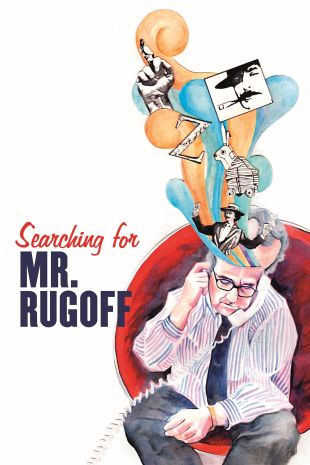Costa-Gavras gleaned his political activism literally from his father's knee. The senior Gavras was a Greek government functionary who performed heroically in the resistance movement against the occupying Nazi forces in World War II. At war's end, the outspoken Gavras found himself labeled a communist by the new regime. As a result, young Costa-Gavras was denied entrance to the U.S., where he hoped to study filmmaking. He moved instead to Paris, studying literature at the Sorbonne and working as an assistant to several of France's top directors. Costa-Gavras displayed both the techniques he'd learned from such masters as Renoir and Demy (and the tricks he'd picked up through incessant viewings of American films) in his first directorial effort, The Sleeping Car Murders (1966). It would be the last pure-entertainment effort in Costa-Gavras' career; once the Greek government was toppled in a military junta, the director concentrated all his energies in turning out fast-moving, entertaining cinematic tracts. Z, a 1969 indictment of the repressiveness of the Greek "Colonels," was an international smash (even yielding a hit soundtrack); it won multiple awards, including the "Best Foreign Language Film" Oscar. Most often in collaboration with his favorite actor Yves Montand, Costa-Gavras continued pouring out his hatred of political oppression in such subsequent films as The Confession, State of Siege and Special Section. His style was several degrees removed from subtlety, and his films drove home their messages with the force of a jackhammer. In his first American film, Missing (1982), Costa-Gavras casts Jack Lemmon in the role that Yves Montand might have played in other circumstances; the film (which won a "Best Screenplay Adaptation" Oscar for the director) was based on the true story of an American kidnapped in Chile, a tragic consequence of the American-backed dictatorial regime. Making films for his own edification and not for those of the "politically correct" elite, Costa-Gavras lost many of his adherents (and gained many others) with his pro-Palestinian Hanna K. (1983). In 1982, Costa-Gavras was appointed president of the Cinematheque Francaise. The Music Box (1989), an uncharacteristically restrained story of a respected naturalized American citizen (Armin Mueller-Stahl) accused of being a Nazi war criminal; was not a financial success, but did win the Golden Bear Award at the Berlin Film Festival.
Costa-Gavras
Share on
Biography by AllMovie
Movie Highlights
Factsheet
- Après des études à la Sorbonne puis à l'Idhec, il fait ses débuts dans le monde du cinéma en tant qu'assistant réalisateur de Jean Giono, Henri Verneuil, Jacques Demy et René Clément.
- Lors du tournage du film "Le jour et l'heure", sorti en 1963, il se lie d'amitié avec Simone Signoret et Yves Montand.
- En 1965, il s'inspire du livre "Compartiment tueurs" pour écrire le scénario du film éponyme, son premier long métrage.
- Quatre ans plus tard, il co-écrit et réalise "Z". Le film, produit par Jacques Perrin qui crée à cette occasion sa société de production, remporte un succès mondial et permet à Costa-Gavras de se faire connaître du grand public.
- Il est président de la Cinémathèque française en 1980 puis à nouveau en 2007.


